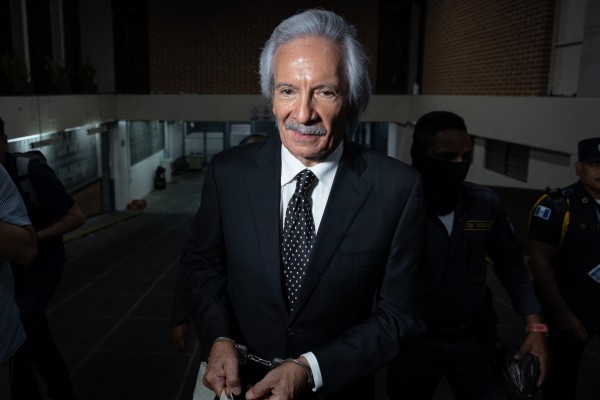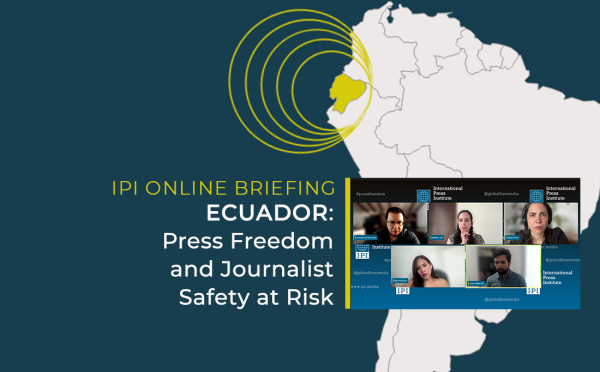The International Press Institute (IPI) today called on the Brazilian government to implement measures approved by the country’s Human Rights Secretariat to promote the safety of journalists covering protests currently taking place in various cities across Brazil.
At least 19 Brazilian and international journalists were attacked in Brazil between June 12, the day the ongoing World Cup began, to June 23, according to ABRAJI, the Brazilian Association of Investigative Journalism. By ABRAJI’s point, that brings to 190 the number of attacks on journalists in Brazil since May 2013.
A list of safety recommendations aimed at improving the safety of journalists covering protests that had been drafted by a coalition of Brazilian press freedom groups was officially approved by the presidential Human Rights Secretariat last March. The list of recommendations, including the development of protocols to security forces’ actions during demonstrations, was expected to be implemented by three different offices: the Human Rights Secretariat, the Ministry of Justice, and the National Congress.
However, none of the measures has been put into place as of today, Marina Iemini, executive manager of ABRAJI, told IPI.
Brazilian military police and protesters clashed in São Paulo on June 12 just hours before the opening game of the World Cup, the lead-up to which had been marred by months of political unrest. Police fired tear gas and noise bombs to disperse more than 100 demonstrators angry about heavy government spending on the event, a spokesman for São Paulo state’s military police told Reuters.
“We call upon the Chief Human Rights Secretariat of the Presidency, Maria do Rosário, to keep the Secretariat’s commitment to protect journalists by ensuring that relevant authorities implement the safety measures approved by her office last March,” said Barbara Trionfi, IPI Press Freedom Manager. “In addition, we ask President Dilma Rousseff to encourage a safe working environment for members of the media by condemning the attacks reportedly carried out by military police forces and by ensuring that the perpetrators are brought to justice. It is vital that the country’s leaders send a clear message that such behaviour will not be tolerated.”
On June 12, journalist Karinny de Magalhães, a correspondent for the news outlet Mídia NINJA in the city of Belo Horizonte, was detained and beaten with a baton by police officers who demanded the password to her cellular phone.
In a separate incident on June 12, two journalists working for CNN, Shasta Darlington and Barbara Arvanitidis, were hit by fragments from police artefacts while covering protests in São Paulo, ABRAJI reported. Arvanitidis reportedly suffered a broken arm from the incident.
On the same day, Associated Press photographer Rodrigo Abd was injured by riot police and another photographer was also detained by military police inside of Tatuape metro station in São Paulo. Both photojournalists were covering a protest against the 2014 World Cup.
Special Note: ABRAJI has published a manual to inform journalists on the safety precautions they should take while covering unrest. The manual has been published in English, Portuguese andSpanish and may be accessed through ABRAJI’s website here.



